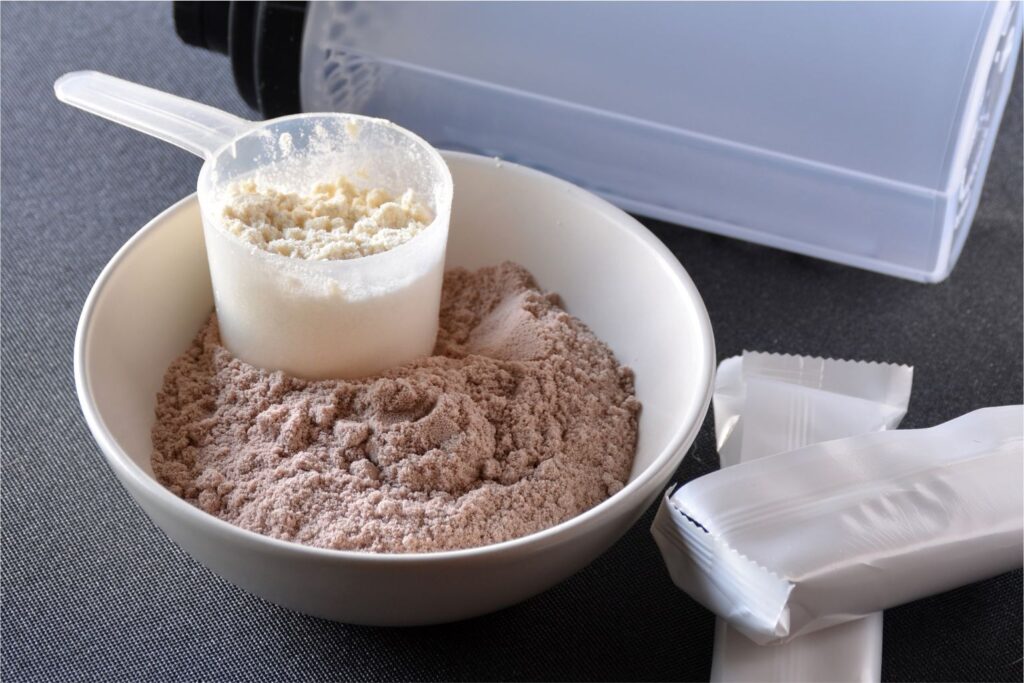
Protein is essential for maintaining and repairing the body’s tissues, but according to nutrition experts, most people in developed countries already consume more than enough and don’t need to add extra items to their diet.
“Adding protein to foods is very beneficial, for the profits of that food,” said Dr Federica Amati, nutrition lead at Imperial College London. “It is not based on health, and it is not backed by science.”
Also Read | Meat or plants? Study says both boost muscle gain
According to the World Health Organzation guidelines, healthy adults need about 0.8 grams of protein per kilogram of body weight, roughly 50–60 grams per day for the average adult. In wealthier countries, most people easily exceed this amount. Protein deficiencies are rare and usually linked to malnutrition in poorer regions.
Experts stress that it is important to obtain protein from various foods like dairy, fish, meat, beans, nuts, seeds, and vegetables. While plant-based proteins contain beneficial fibre, animal-based proteins are often easier for the body to break down. Eating some protein at each meal also helps preserve muscle function better than consuming it all at once.
Experts caution against the growing trend of buying high-protein processed foods unless there’s a medical need.
“Most people in countries like the US and the U.K. do not need more protein,” says Bridget Benelam of the British Nutrition Foundation. Dr Amati also warned that protein-enriched products often contain added sugars and fats. “If you want to build muscle, the key is strength training — not protein bars,” she said.
Many modern packaged foods promote added protein, but experts caution that unless an individual has a medical need, these products are unnecessary.








